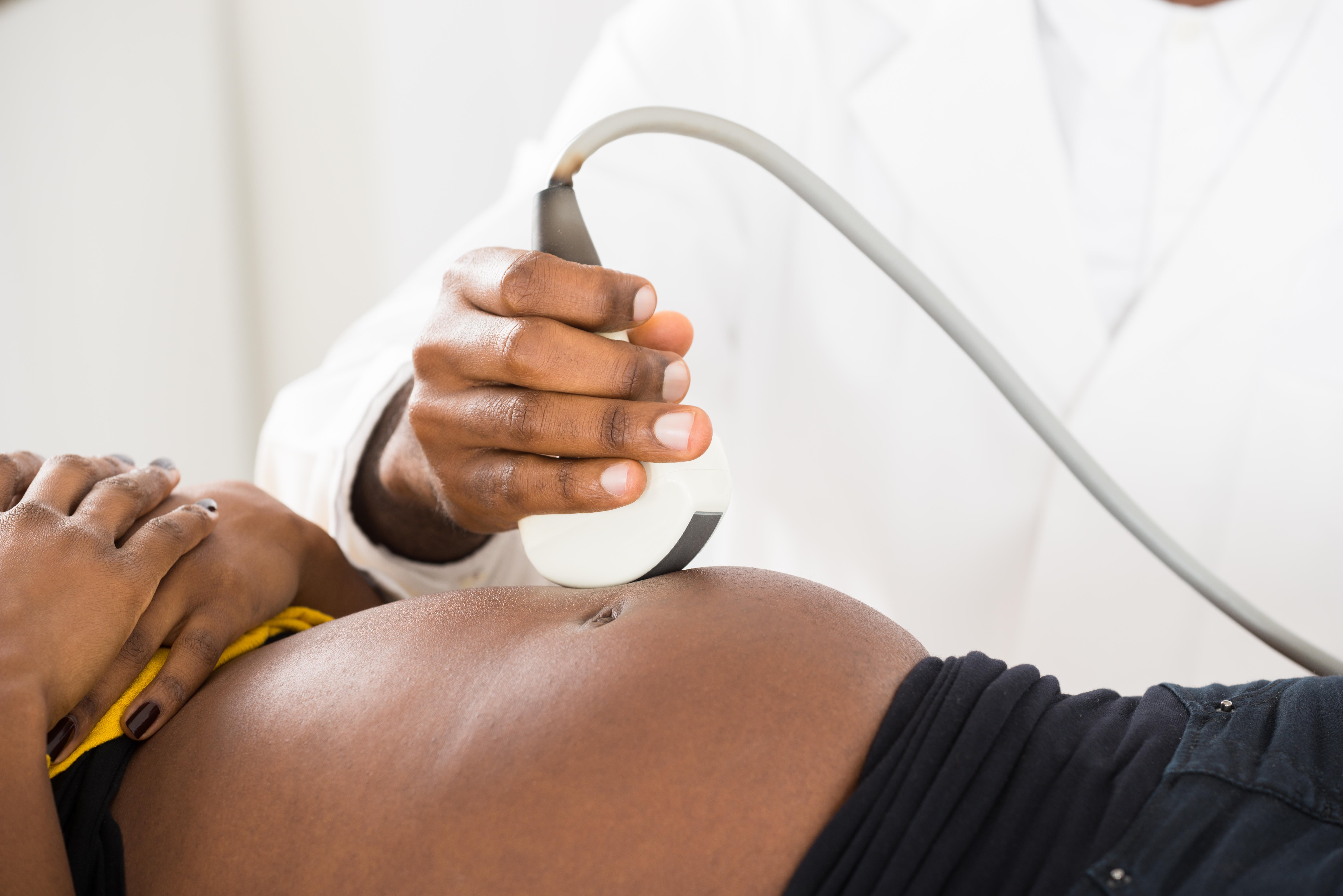Year-long inquiry finds ‘systemic racism’ in UK maternity care
The inquiry panel heard evidence from over 300 people with lived and professional experience of racial injustice in maternity care.

Your support helps us to tell the story
From reproductive rights to climate change to Big Tech, The Independent is on the ground when the story is developing. Whether it's investigating the financials of Elon Musk's pro-Trump PAC or producing our latest documentary, 'The A Word', which shines a light on the American women fighting for reproductive rights, we know how important it is to parse out the facts from the messaging.
At such a critical moment in US history, we need reporters on the ground. Your donation allows us to keep sending journalists to speak to both sides of the story.
The Independent is trusted by Americans across the entire political spectrum. And unlike many other quality news outlets, we choose not to lock Americans out of our reporting and analysis with paywalls. We believe quality journalism should be available to everyone, paid for by those who can afford it.
Your support makes all the difference.A year-long investigation into UK maternity care has found that “systemic racism” is experienced by black, Asian and mixed ethnicity women.
Charity Birthrights said the findings included evidence of a lack of physical and psychological safety; experiences of being ignored and disbelieved; dehumanisation; coercion and a lack of choice and consent.
Inquiry chair Shaheen Rahman QC said the investigation was spurred on by the knowledge that black women in the UK are four times more likely to die in pregnancy and childbirth and Asian and mixed race women twice as likely.
The white staff did not recognise jaundice in a black baby
“There is nothing ‘wrong’ with black or brown bodies that can explain away the disparities in maternal mortality rates, outcomes and experiences,” she said.
“What is required now is a determined focus on individualised, rights-respecting care.”
The inquiry panel heard evidence from over 300 people with lived and professional experience of racial injustice in maternity care.
The panel heard from one woman who said jaundice was not recognised in her black baby and her concerns were dismissed.
“At the hospital the doctor admitted the reading was very high but insisted from the look of him there is nothing to suggest he was severely jaundiced, just a “slight” yellowing of his eyes,” the woman said
“They did another reading and sent his bloods off, it was even higher than the last. My baby was immediately hospitalised for several weeks.
“The white staff did not recognise jaundice in a black baby.”
Other interviewees told the panel stories of having sepsis dismissed during birth and a life-threatening blood clot overlooked postnatally.
The Department of Health and Social Care established a taskforce to address racial inequalities in maternity care in February.
A Department of Health and Social Care spokesperson said the Maternity Disparities Taskforce would “level up maternity care for all women”.
“It will address factors linked to unacceptable disparities in quality of care, experiences and outcomes.”